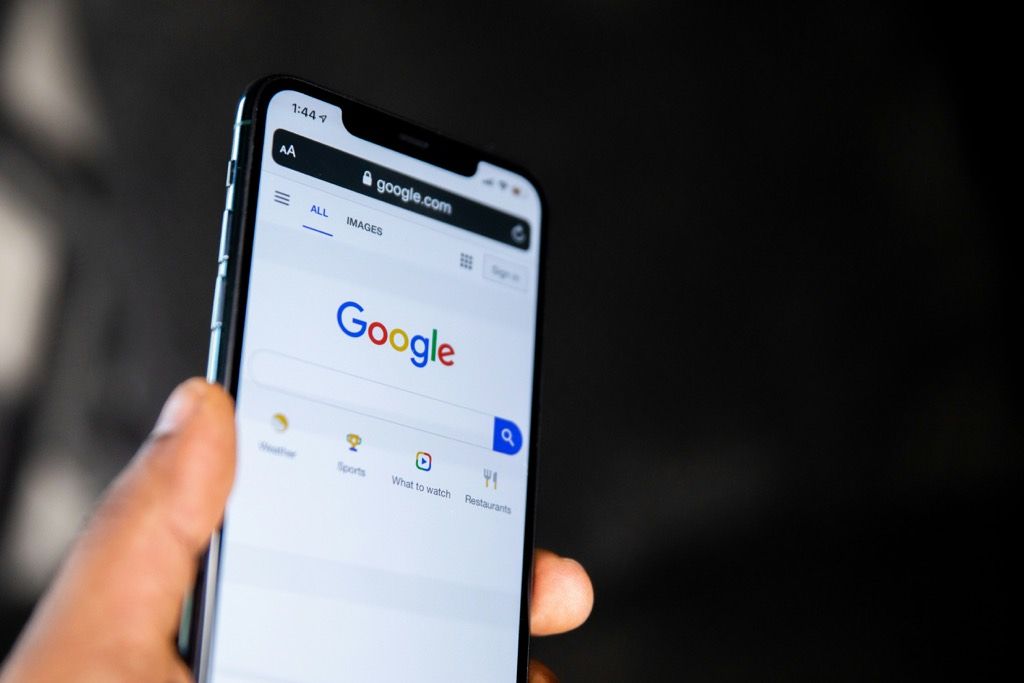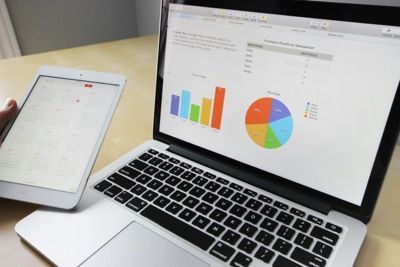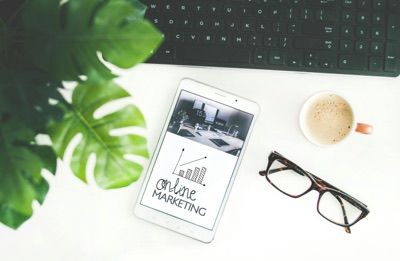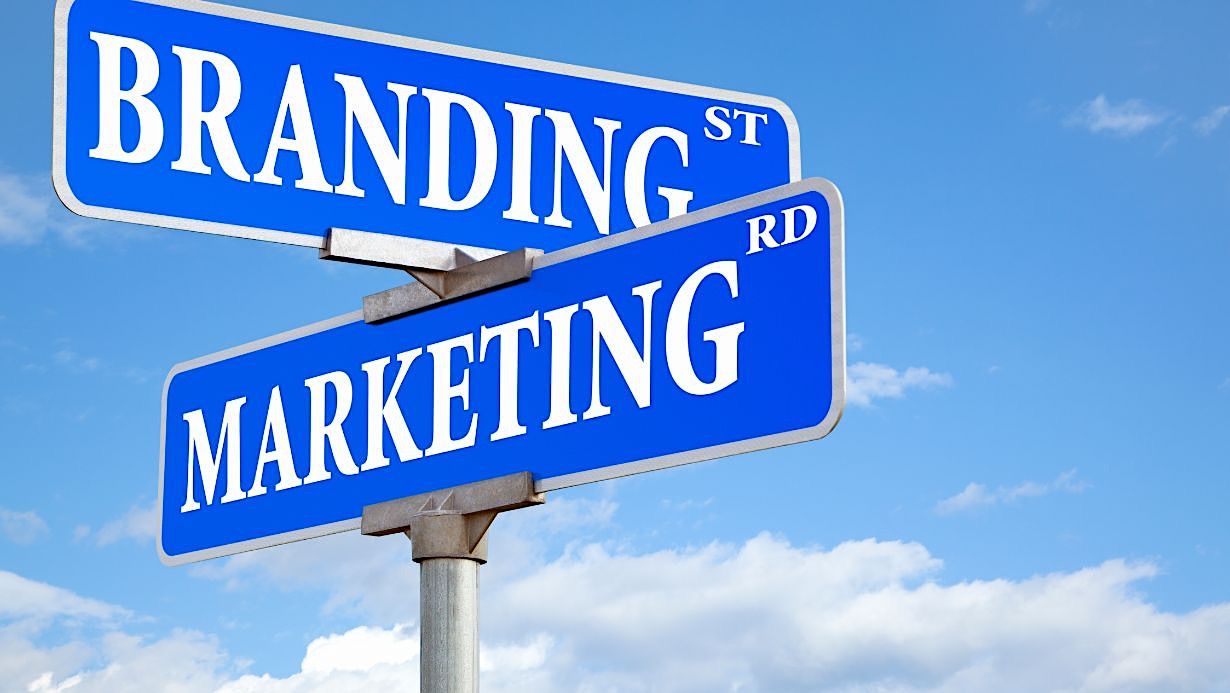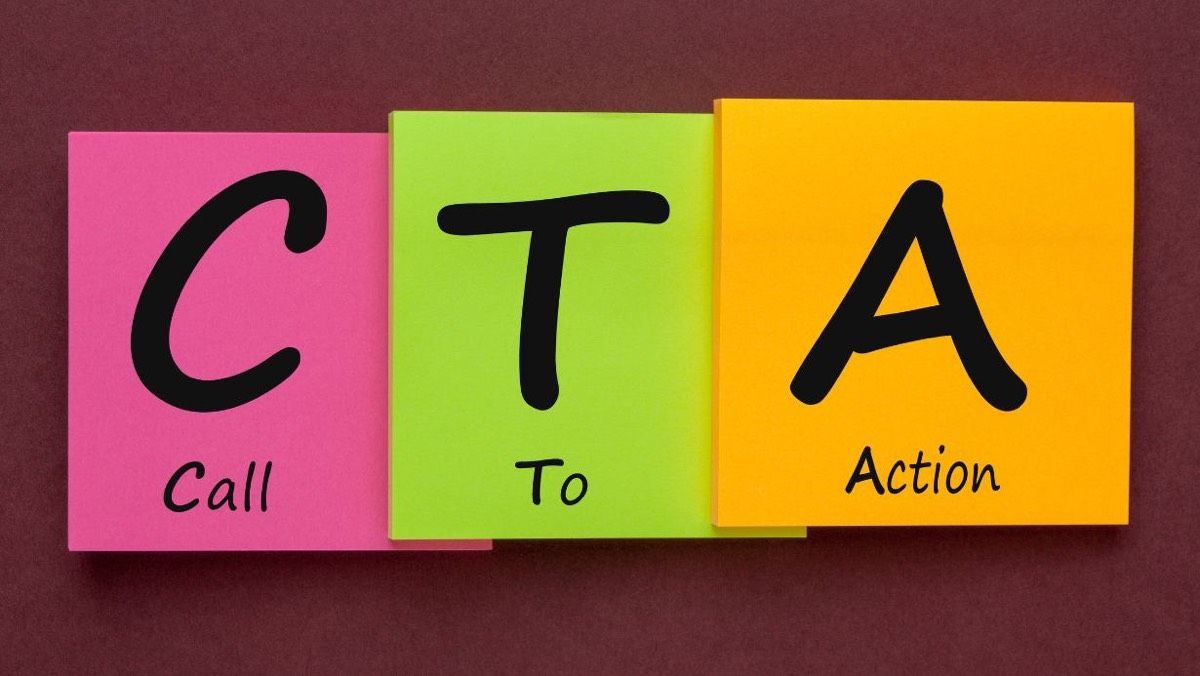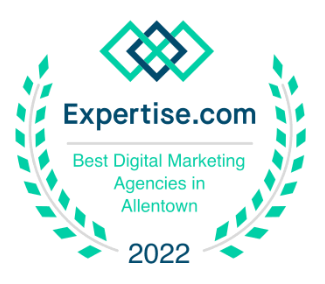How To Get on the First Page of Google: A Step-by-Step Guide

The body content of your post goes here. To edit this text, click on it and delete this default text and start typing your own or paste your own from a different source.
Over 90% of Google traffic comes from page-one placements! Page two gets 5% and page 3 only 1% on average.
That means you need to be on page 1 on Google if you want to find new customers through search in order to promote your products or services online. The good news is there are a range of things you can do to help maximize your chances of achieving a page 1 ranking. For starters, you can check your
SEO rankings for free here, and then continue reading to find out how to improve them.
On-Page SEO Strategies
On-page strategies to help your website achieve Google first page rankings include any changes you make to optimize your website, so it ranks higher on the SERPs (Search Engine Results Pages). We’ve broadly grouped these into content strategies and technical strategies.
Content Strategies:
Keyword research
An optimized on-page SEO strategy to help your site appear on Google's first page requires a foundation built on keyword research and keyword-optimized page content. That means not only well-written and insightful content, but also content that contains the right keywords (popular search terms) that will allow you to be found by the right people (those who are most likely to be interested in your service or product, aka your target market).
Identifying the right keywords can be a complicated process, however. First, you will need to sign up for a monthly SEO tool software license and use it to discover the popular search terms (keywords) related to your products and services. You’ll then need to analyze those results in terms of the keyword volume, keyword difficulty, and the intention of the user. It's only by identifying the right combination of these factors that you can properly choose the keywords you will use in your content.
Keyword-optimized blog posts
Use your keyword research to improve the SEO impact of your page content and technical content. Using the right keywords will dramatically improve the opportunities for your pages to be found in search. However, do not overlook the incredible power of keyword-optimized blog post to multiply the ways to be found. Each new post should focus on a different set of keywords. Be sure to add blog feeds to your key service or product category pages. Those feeds should display only the posts that relate to that particular service or product category.
Technical Strategies:
Site speed
One simple, practical on-page strategy that can help get you on the first page of Google is to increase your site’s loading speed. This is because it positively impacts the user experience, and this is something that Google favors highly when ranking your site.
Mobile optimization
Similarly, making sure your site is optimized for mobile use is critical. This is because 60% of internet users access it via mobile devices. Therefore if your site is not optimized for mobile you’ll not only annoy the majority of your users, but Google can't give you credit for a positive user experience either.
Meta title and meta description
There are the structural actions you can take to improve your SEO results. The first of these is to add a proper meta title. The meta title is the blue link appearing on the search engine results page (SERP). This should be a very short phrase summarizing the type of information that a user will find on a particular page on your site. Ideally the meta title should include keywords from your keyword research.
Next, the meta description is the sentence or short paragraph that appears right under the meta title in the search results page. This should also include keywords from your research. While not taken officially by Google into consideration, good meta titles and descriptions will encourage more people to click your link and so increase both visitors to your site and your rankings over time, potentially improving your conversions / sales.
Proper use of H1-H4 headers
You can see that this post is structurally split into different sections using headers ranging from H1 to H4. Similar to an outline, using headers in this way is an important on-page strategy for two reasons. First, they make it easier for the reader to identify the information they need by easily skimming the post titles and subtitles. They also help the search engine understand the structure of the page content, which in turn can help improve the page’s search ranking.
Off-Page SEO Strategies
Backlinks
Off-page strategies refer to anything you do outside of your website that helps you appear on the first page on Google. An off-page strategy that is particularly powerful is to obtain high-quality backlinks. Backlinks are links to your site from another website. Google loves high-quality links (i.e., links from high traffic “high authority” pages that connect to relevant content on your website). Google treats them as references for your site, thereby validating your website’s authenticity and usefulness.
Fortunately, there are several strategies you can use to secure high-quality backlinks to your site. The first is to consistently produce high-quality, accurate, and engaging content, as this will encourage high DA sites to link to your website. Secondly, working with influencers can also get you some great backlinks, as well as direct plenty of additional people to your site which will also help boost your off-page SEO.
Anchor text
Once you have secured backlinks to boost your off-page SEO it's also a good idea to audit the text of those links (known as anchor text). The text in those links should be directly related to the content on the pages on your site that they link to. Good anchor links help demonstrate that your website is trustworthy and authoritative. Auditing can be done by using a backlinks SEO tool and then contacting sites that are linking to you one by one and asking them to change their anchor text.
Local SEO Strategies
At the core of local SEO strategy is getting your business, product, or service to rank highly in the SERPs when a user searches your location using a city, town, or “near me” in the search. The most effective way of doing this is to create content to publish on your site that includes or mentions local places, history, and events. This location-based information will help boost your local SEO results.
Additionally, to improve your local SEO you can make sure your company details such as address are consistent on your website and everywhere your business appears. Be sure to fully complete and optimize your Google Business Listing. Submitting your business to multiple business directories using the exact same company name, address, and product or service information that appears in your Google Business Listing can also help. Consistency is key. Finally, be sure to optimize your meta descriptions, headers, title tags, and URLs to include local keywords where appropriate.
Need Help? Choose PMI for All Your SEO Needs!
As you can see, there are many things you can do to optimize your website to help you achieve that all-important page 1 search ranking. However, the work required can be complex and time-consuming.
If you need help, then contact our SEO and marketing experts today. We’ll do the hard work and heavy lifting needed to get your products or services to achieve that first-page position and all the benefits that come with it, so you can focus on running your business.
Contact our SEO team today by calling 484-297-6395 or contact us online.
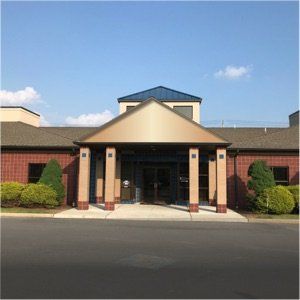
BERKS COUNTY OFFICE:
60 Commerce Drive
Reading, PA 19610
(484) 297-6395
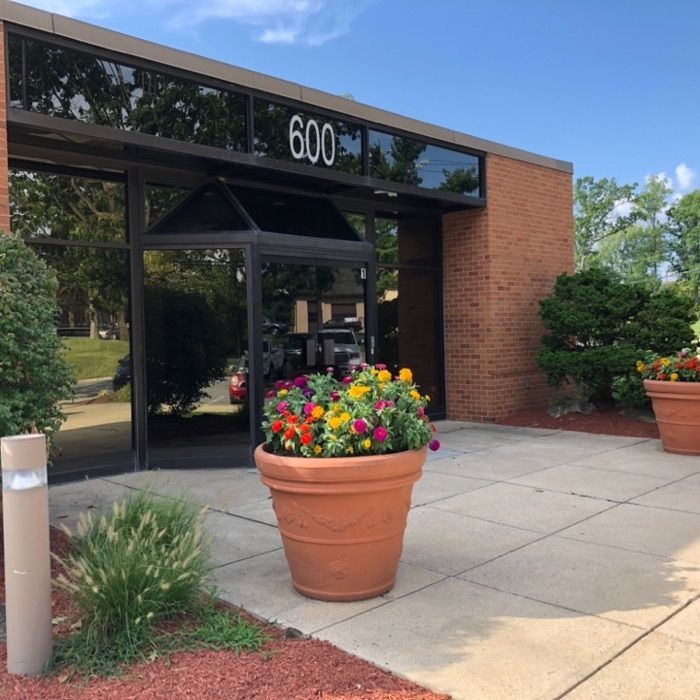
LEHIGH VALLEY OFFICE:
6081 Hamilton Blvd, Suite 600
Allentown, PA 18106
(484) 838-6648
Power Marketing International, LLC
A Digital Marketing Agency for Advertising, Web Design, and SEO. Our Experts are Dedicated to Growing Your Business!

